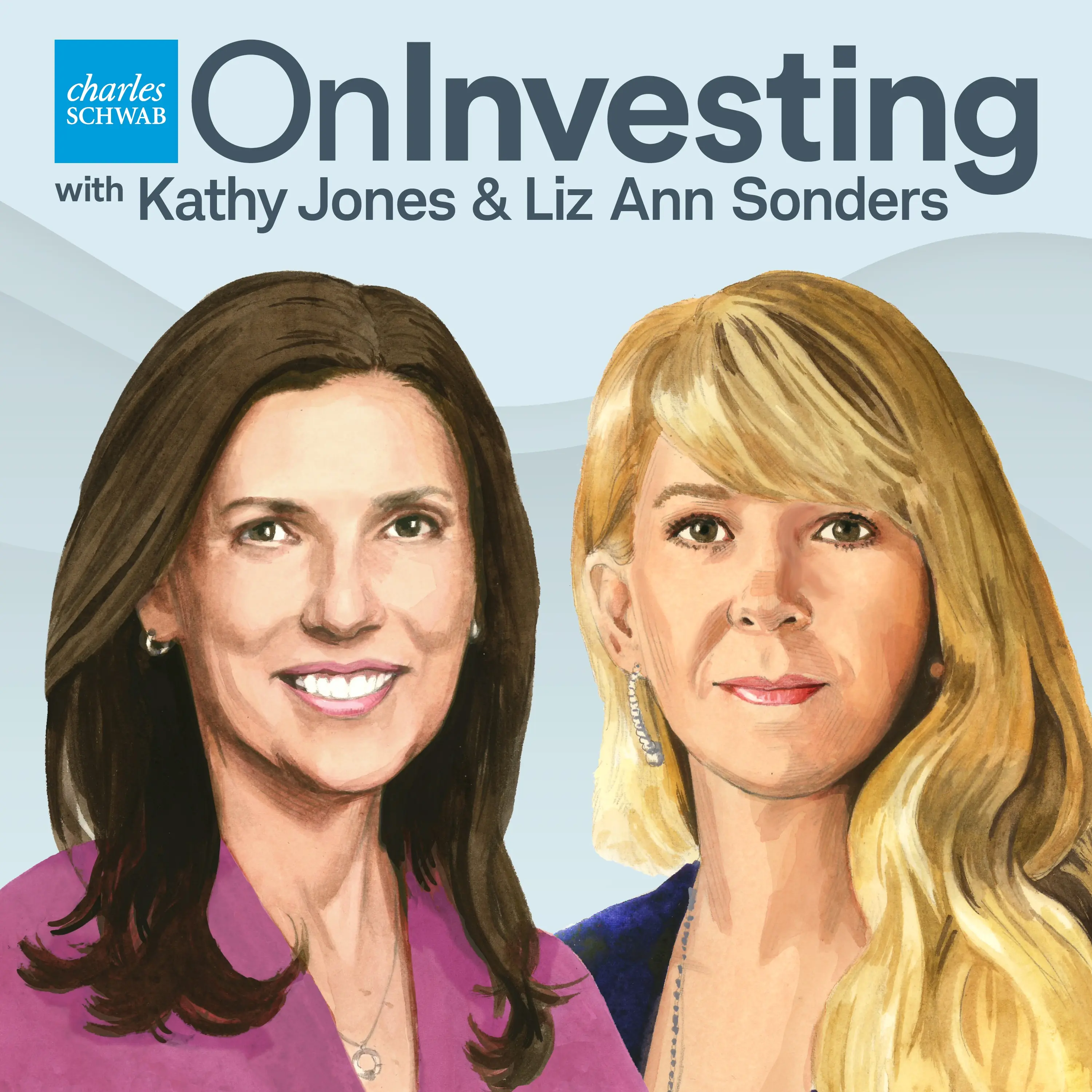Beyond Market Cap: Fundamental Indexing Explained (with Rob Arnott)
In this episode, Liz Ann Sonders and Kathy Jones discuss this week’s FOMC meeting and the market reactions.
Then, Liz Ann speaks with Rob Arnott, founder and chairman of the board of Research Affiliates®. They discuss some of the advanced approaches of Research Affiliates, particularly focusing on the Research Affiliates Fundamental Index® (RAFI) and its implications for growth and value investing. They explore the differences between traditional indexing methods and RAFI, the challenges of forecasting market returns, and the potential for paradigm shifts in finance. The discussion emphasizes the importance of understanding market dynamics and the nuanced definitions of growth and value in investment strategies.
Finally, Kathy and Liz Ann look ahead to the data and economic indicators that investors should be watching next week.
You can read Rob’s article, which Liz Ann mentions, here: "Fifty Years of Innovation, Mythmaking, and Mythbusting: Personal Reflections."
On Investing is an original podcast from Charles Schwab.
If you enjoy the show, please leave a rating or review on Apple Podcasts.
DIY investing? Trading? Professional advice?
Explore more topics
Investors should consider carefully information contained in the prospectus, or if available, the summary prospectus, including investment objectives, risks, charges, and expenses. You can request a prospectus by calling 800-435-4000. Please read the prospectus carefully before investing.
The information provided here is for general informational purposes only and should not be considered an individualized recommendation or personalized investment advice. The investment strategies mentioned here may not be suitable for everyone. Each investor needs to review an investment strategy for his or her own particular situation before making any investment decision.
All expressions of opinion are subject to change without notice in reaction to shifting market conditions. Data contained herein from third-party providers is obtained from what are considered reliable sources. However, its accuracy, completeness, or reliability cannot be guaranteed.
Examples provided are for illustrative purposes only and not intended to be reflective of results you can expect to achieve.
The comments, views, and opinions expressed in the presentation are those of the speakers and do not necessarily represent the views of Charles Schwab.
Investing involves risk, including loss of principal.
Performance may be affected by risks associated with non-diversification, including investments in specific countries or sectors. Additional risks may also include, but are not limited to, investments in foreign securities, especially emerging markets, real estate investment trusts (REITs), fixed income, municipal securities including state specific municipal securities, small capitalization securities and commodities. Each individual investor should consider these risks carefully before investing in a particular security or strategy.
Past performance is no guarantee of future results and the opinions presented cannot be viewed as an indicator of future performance.
Indexes are unmanaged, do not incur management fees, costs and expenses, and cannot be invested in directly. For more information on indexes, please see schwab.com/indexdefinitions.
The trade names "Research Affiliates®" and "Fundamental Index®" are registered trademarks of Research Affiliates, LLC.
Fundamental Index® is a trademark of Research Affiliates. Rob Arnott, Research Affiliates, and FTSE Russell are unaffiliated with Schwab Asset Management® and Charles Schwab & Co.
All names and market data shown above are for illustrative purposes only and are not a recommendation, offer to sell, or a solicitation of an offer to buy any security.
Diversification and asset allocation strategies do not ensure a profit and cannot protect against losses in a declining market.
There are risks associated with investing in dividend paying stocks, including but not limited to the risk that stocks may reduce or stop paying dividends.
Schwab does not recommend the use of technical analysis as a sole means of investment research.
Rebalancing does not protect against losses or guarantee that an investor’s goal will be met.
Forecasts contained herein are for illustrative purposes only, may be based upon proprietary research and are developed through analysis of historical public data.
The policy analysis provided by the Charles Schwab & Co., Inc., does not constitute and should not be interpreted as an endorsement of any political party.



